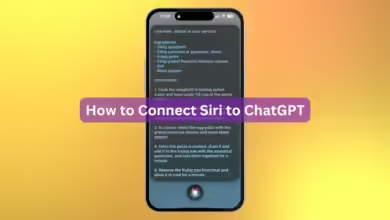Google Chrome to Phase Out Manifest V2 Extensions for More Limited Manifest V3

Google Chrome is set to phase out its older extension system, Manifest V2, in favor of the more restrictive Manifest V3. Announced in 2019 and repeatedly delayed, the transition will begin next week. Google asserts that Manifest V3 aims to enhance the security, privacy, performance, and reliability of extensions.
Critics, including the Electronic Frontier Foundation (EFF), argue that Manifest V3 limits the functionality of web extensions, particularly those used for content filtering, such as ad blockers. They contend that these restrictions do little to improve security and primarily benefit Google’s advertising business, which generates 77% of its revenue. Firefox has also expressed skepticism but will support Manifest V3 to maintain cross-browser compatibility, though it will continue to support Manifest V2.
A major point of contention is the impact on content filtering extensions. Manifest V3 limits the ability of ad blockers to update their filtering rules dynamically, potentially delaying responses to changes in ad systems. While Google has made some concessions, such as increasing the number of allowed filtering rulesets, the fundamental limitations remain.
Despite Google’s claim that over 85% of active extensions have moved to Manifest V3, popular tools like uBlock Origin have had to release reduced-functionality versions under the new system. Starting next week, beta Chrome users will see warnings for Manifest V2 extensions, which will gradually lose functionality and eventually be disabled. Users may need to seek alternatives or switch to browsers like Firefox that continue to support the older extension system.







